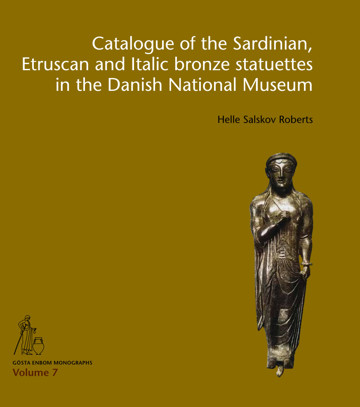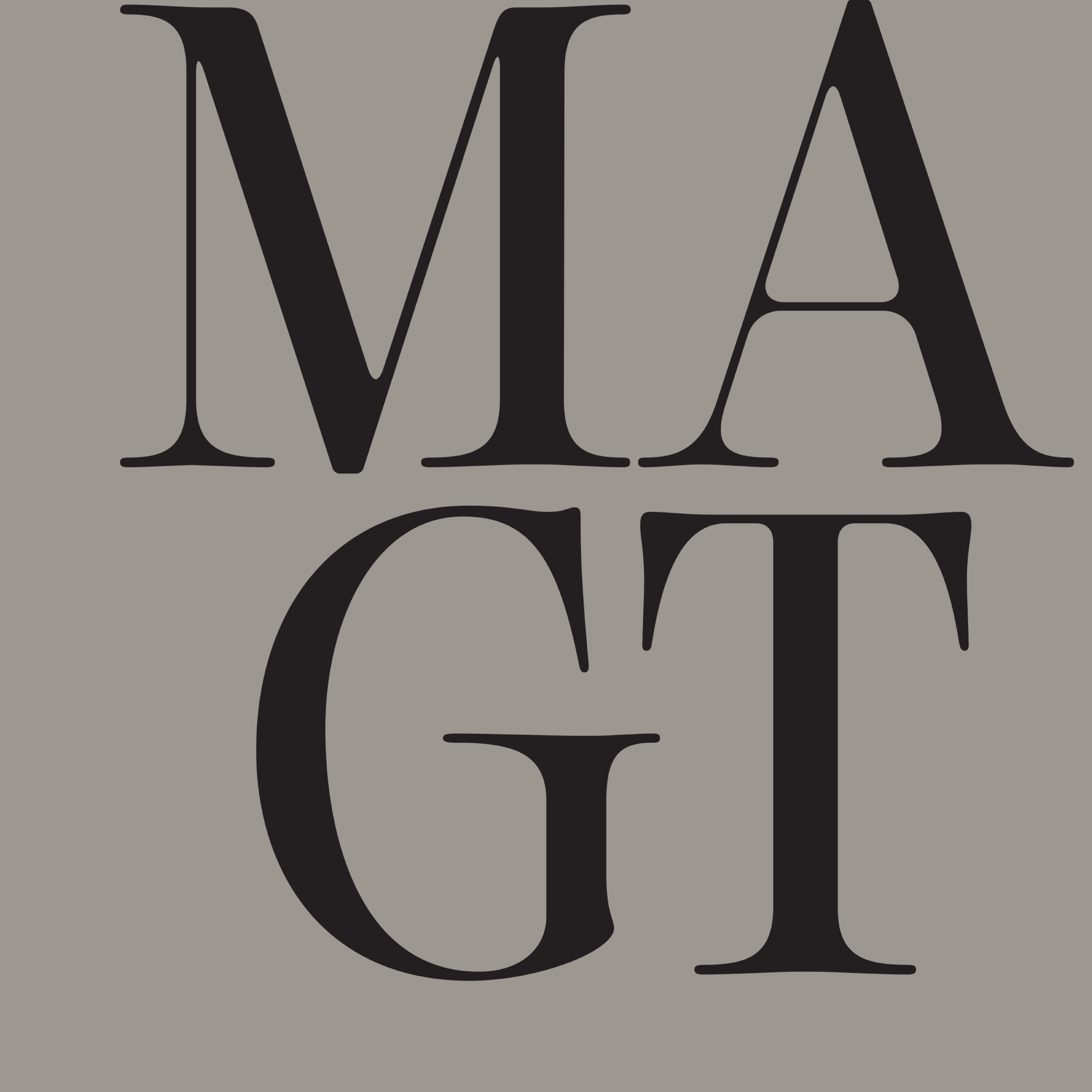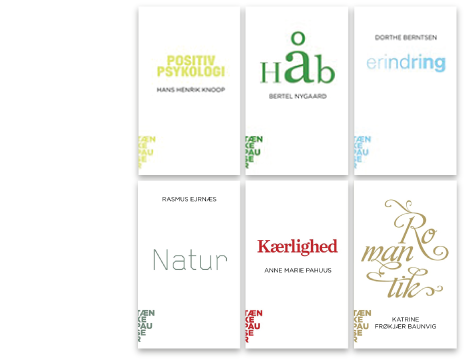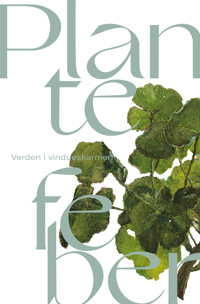
Catalogue of the Sardinian, Etruscan and Italic bronze statuettes in the Danish National Museum
En del af serien Gösta Enbom Monographs (7) , og fagområdet Arkæologi (klassisk)
Mere om bogen
Om bogen
In the First Millennium BC present-day Italy was inhabited by many different ethnic groups, most of which spoke a language affiliated with Latin. Sardinia, a large island to the West of the Italian mainland, had a culture characterized by nuraghs, a kind of massive stone tower, presumably for defense purposes. Many finds of bronze statuettes of warriors show the concern of the population to protect themselves from aggressors, also with divine support secured by impressive priestesses. However, Rome’s closest neighbours to the North were the Etruscans, who spoke a language quite different from any other people in Italy. For a long period Etruscan kings ruled the Romans who, however, liberated themselves from the foreigners and, in reverse, started to conquer their territory. Gradually, from about the Sixth Century BC to about 100 BC, the Romans came to dominate the Etruscans as well as the ethnic groups we call the Italics. But, apart from the military conflict, from which the Romans emerged victorious they were in many ways influenced by the Etruscans, whose prevalence in the field of religion and art they admired. Actually, they welcomed cultural exchange. A striking example is that the Romans invited a famous Etruscan artist to decorate their most important temple, dedicated to Jupiter, on the Capitol Hill. The Etruscan excellence in bronze casting has left a rich heritage of bronze sculpture. Statues and statuettes were used as gifts for the gods in sanctuaries both in Etruria and Rome, as well as in many other parts of Italy.
For purchases outside of Denmark:
If you are located in the USA or Canada, please contact our US distributor, Longleaf Services, at orders@longleafservices.org or +1 919-503-6590.
For purchases in all other countries, you can find the title through our global distributor, The Mare Nostrum Group, here: https://mngbookshop.co.uk
Netop udkommet
Forlaget skriver:
25 november 2025
Årets sidste bogtorsdag!
Årets sidste bogtorsdag er nu lige på trapperne! Vær med, når vi, sammen med Det Kgl. Bibliotek, fejrer forfatterne bag vores…
29 oktober 2025
Kom til bogtorsdag d. 13. november!
Vi er nu klar med novembers bogtorsdag!Vær med når Aarhus Universitetsforlag sammen med Det Kgl. Bibliotek fejrer forfatterne…
29 september 2025
Kom til Bogtorsdag den 9. oktober
Vær med når Aarhus Universitetsforlag sammen med Det Kgl. Bibliotek fejrer forfatterne bag vores nyeste udgivelser til Bogto…




